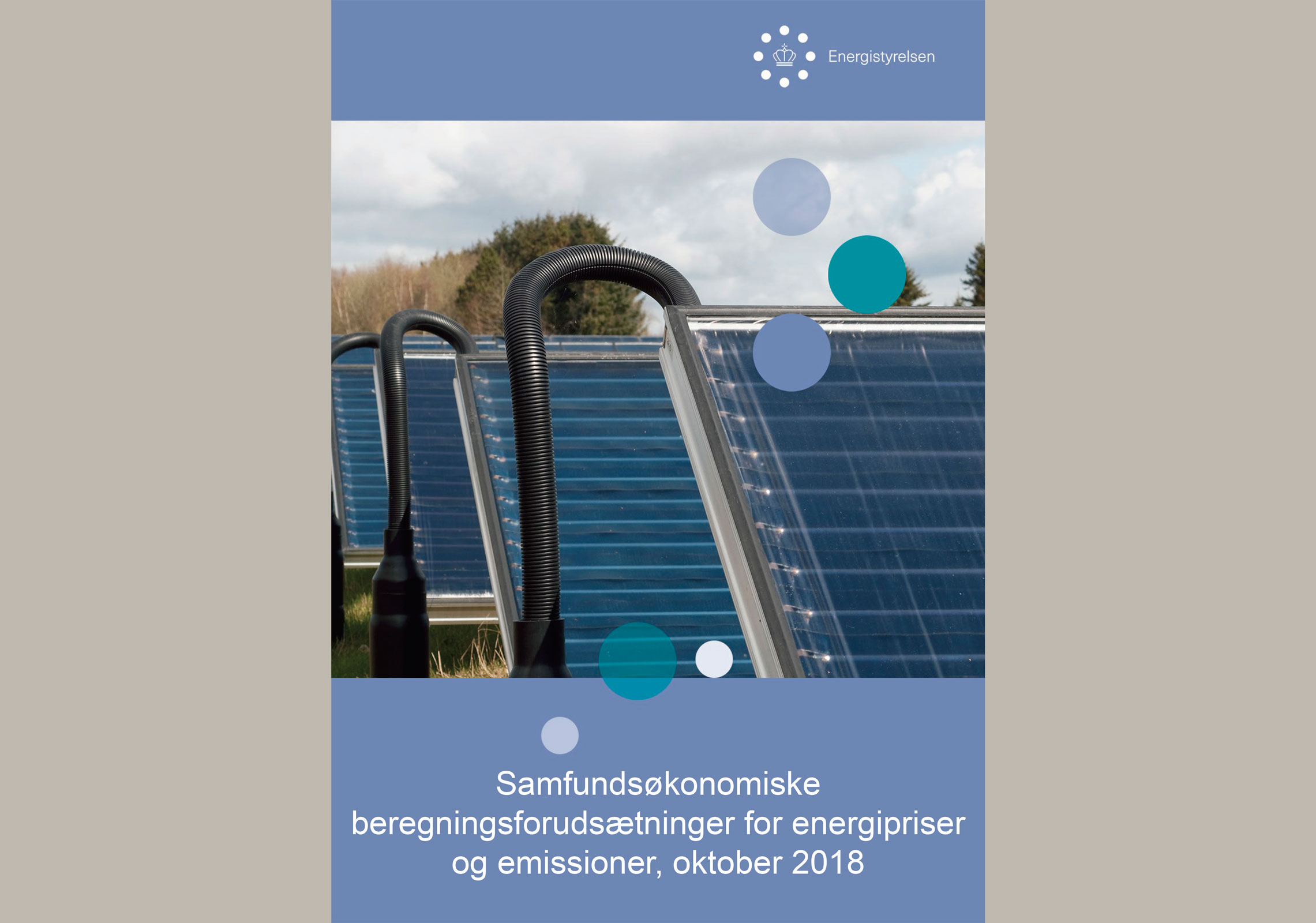Energistyrelsen har opdateret de samfundsøkonomiske beregningsforudsætninger for energipriser og emissioner, som bør anvendes i samfundsøkonomiske analyser på energiområdet.
Energistyrelsens samfundsøkonomiske beregningsforudsætninger indeholder fremskrivninger for energipriser, emissionsfaktorer mm., som anvendes i samfundsøkonomiske beregninger indenfor energiområdet. Forudsætningerne skal bl.a. anvendes i projektforslag, som skal leve op til varmforsyningsloven og projektbekendtgørelsen. Det gælder for eksempel ved analyser af omlægning og udvidelse af varme- og kraftvarmeanlæg, udvidelse af fjernvarmeområder mv.
Forudsætningerne var i høring i juni 2018 og er en opdatering af udgaven fra august 2017.
Læs de opdaterede samfundsøkonomiske beregningsforudsætninger.
Læs mere om samfundsøkonomiske analysemetoder, herunder se regneark med tabeller og notat om indkomne høringssvar.
Kontakt:
Ingeborg Ørbech, Center for Systemanalyse, Energieffektivitet & Global Rådgivning, tlf: 33 92 49 44, e-mail: irb@ens.dk, eller
Rune Motzkus, Center for Systemanalyse, Energieffektivitet & Global Rådgivning, tlf: 33 92 75 39, e-mail: rmo@ens.dk
